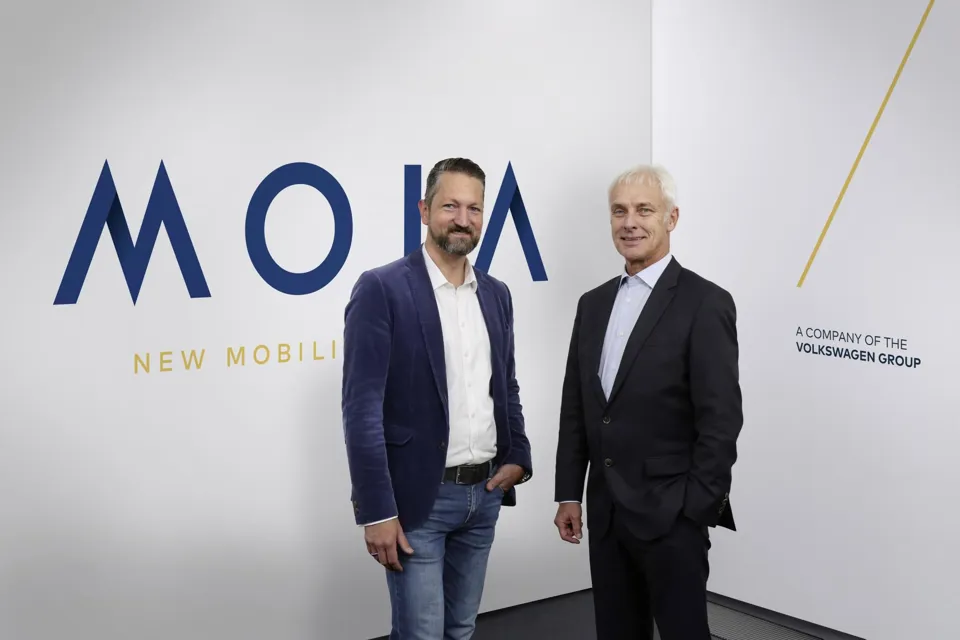Volkswagen Group has launched its new mobility services company at the Tech Crunch Disrupt technology event in London.
Matthias Müller, CEO of the Volkswagen Group, said: “MOIA will help us gain a deeper understanding of new forms of mobility and how to make them even more attractive in future, to offer a much broader scope than at present and to tailor these services to suit very wide-ranging needs.
"Even though not everyone will still own a car in future, MOIA can help make everyone a customer of our company in some way or another."
Ole Harms, CEO of MOIA, added: “MOIA is a standalone company under the Volkswagen Group umbrella, and will develop and market its own mobility services either independently or in partnership with cities and existing transport systems.
"In parallel, the group brands will continue to move forward with their own services. Our sights are set on becoming one of the global top players for mobility services in the medium term.
"To achieve that we will be seeking to attract the best minds and technology start-ups."
The Volkswagen Group’s new company, which will be headquartered in Berlin, will begin operating with a team of around 50 – with this number growing fast up to the end of 2017.
Thomas Sedran, head of group strategy at Volkswagen AG, will support MOIA’s leadership team. He said: “As customers’ needs change, so does the automobile business model.
"In the world’s major urban areas, there is an ever-stronger trend away from owning a vehicle towards shared mobility as well as mobility on demand.
"That is why the Volkswagen Group anchored new mobility solutions and digital services as core elements in its future program ‘Together – Strategy 2025’ in order to secure a position as a globally leading provider in this field, too."
MOIA is also focusing on the pooling business. The company’s goal is to set up its own on-demand pooling services via app – also known as connected commuting.
The objective is holistic transport solutions that make individual transport and public transport more effective, thus avoiding unnecessary journeys and optimising use of the existing road infrastructure.
This approach concentrates on cross- boundary transport. The first pilot projects in this field are scheduled to begin in 2017.

















Login to comment
Comments
No comments have been made yet.